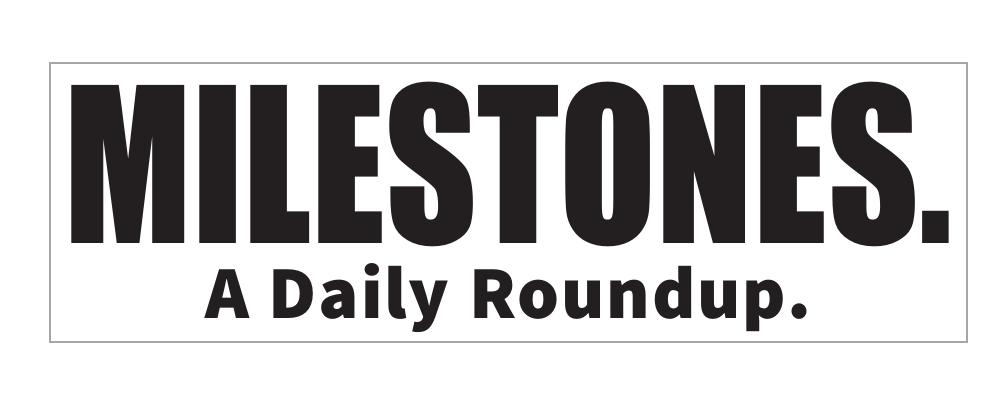Milestones: Monday, July 17, 2023

TOOK OFF FROM BROOKLYN AIRFIELD — “WRONG WAY” CORRIGAN DAY marks the 85th anniversary of Douglas Groce Corrigan’s famous transatlantic flight from Brooklyn’s Floyd Bennett Field to Ireland. Corrigan, an unemployed airplane mechanic who was either stubbornly lucky or a hapless success, set out for Los Angeles in a 1929 Curtiss Robin monoplane. He had just arrived in New York from LA and immediately filed and planned to cross the Atlantic solo; however, authorities ruled this to be a suicide mission and instructed him to return to California. He took off to the west, but then made a 180-degree turn and disappeared into the clouds. Corrigan landed 28 hours, 13 minutes later at Dublin’s Baldonnel Airport after a 3,150-mile nonstop flight. His plane lacked radio and navigation equipment and his trip violated both U.S. and Irish flight regulations.
Although the authorities didn’t believe Corrigan’s claim that his compass had malfunctioned, or that he had “read the wrong end of the needle,” he received a hero’s welcome from regular folk for his pure dumb luck. Or was it?
✰✰✰

Brooklyn Boro
View MoreNew York City’s most populous borough, Brooklyn, is home to nearly 2.6 million residents. If Brooklyn were an independent city it would be the fourth largest city in the United States. While Brooklyn has become the epitome of ‘cool and hip’ in recent years, for those that were born here, raised families here and improved communities over the years, Brooklyn has never been ‘uncool’.